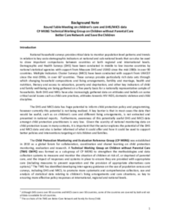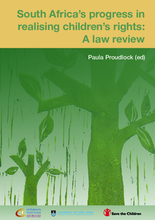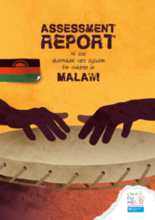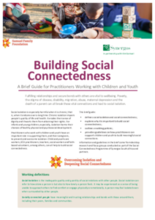Demographic Data
|
Sources: World Bank, UNDP, UNAIDS, DHS 2013 |
Displaying 12301 - 12310 of 14391
This book explores the legal and human rights dimensions of kinship care, the preferred alternative to parental care in the African context.
The aim of this initiative is to inform the development of an inter-agency technical brief that explains what household level data is available through DHS and MICS that is critical to better understanding and monitoring of trends and patterns in children’s living arrangements and care status, and how the data can and should be extracted and used to inform policy and programmes at country and international levels.
This book focuses on, and reviews, a selection of laws related to the rights of children in South Africa.
This report presents the findings of a mappings and assessments review of child protection systems in 14 countries including Cambodia.
This study investigates the impact of reintegration of children from five transitional shelters into their families in Cambodia, and explores key factors (such as consistent and regular follow-up), that contribute to positive, stable outcomes for them.
This report presents an overview of the findings of four separate studies conducted in vulnerable communities in Cambodia, Lao PDR, Thailand, and Vietnam on knowledge, attitudes and practices related to child sexual abuse, including in travel and tourism.
The purpose of this integrative chapter on well-being and the family is to present the analysis of a number of family-based factors that can influence child well-being.
This report from SOS Children’s Villages examines the range of services available to families in Malawi to prevent family separation as well as the administrative measures and national policy frameworks governing these services.
This report from SOS Children’s Villages presents a critical analysis of the Zimbabwe’s compliance with the UN Guidelines for the Alternative Care of Children which found “yawning gaps” between the laws and policies in place and the actual experiences of children on the ground.
This brief guide: defines social isolation and social connectedness; explains why it is important to build social connectedness; outlines enabling policies; provides guidelines on how practitioners can support children and youth to build meaningful social connections.








